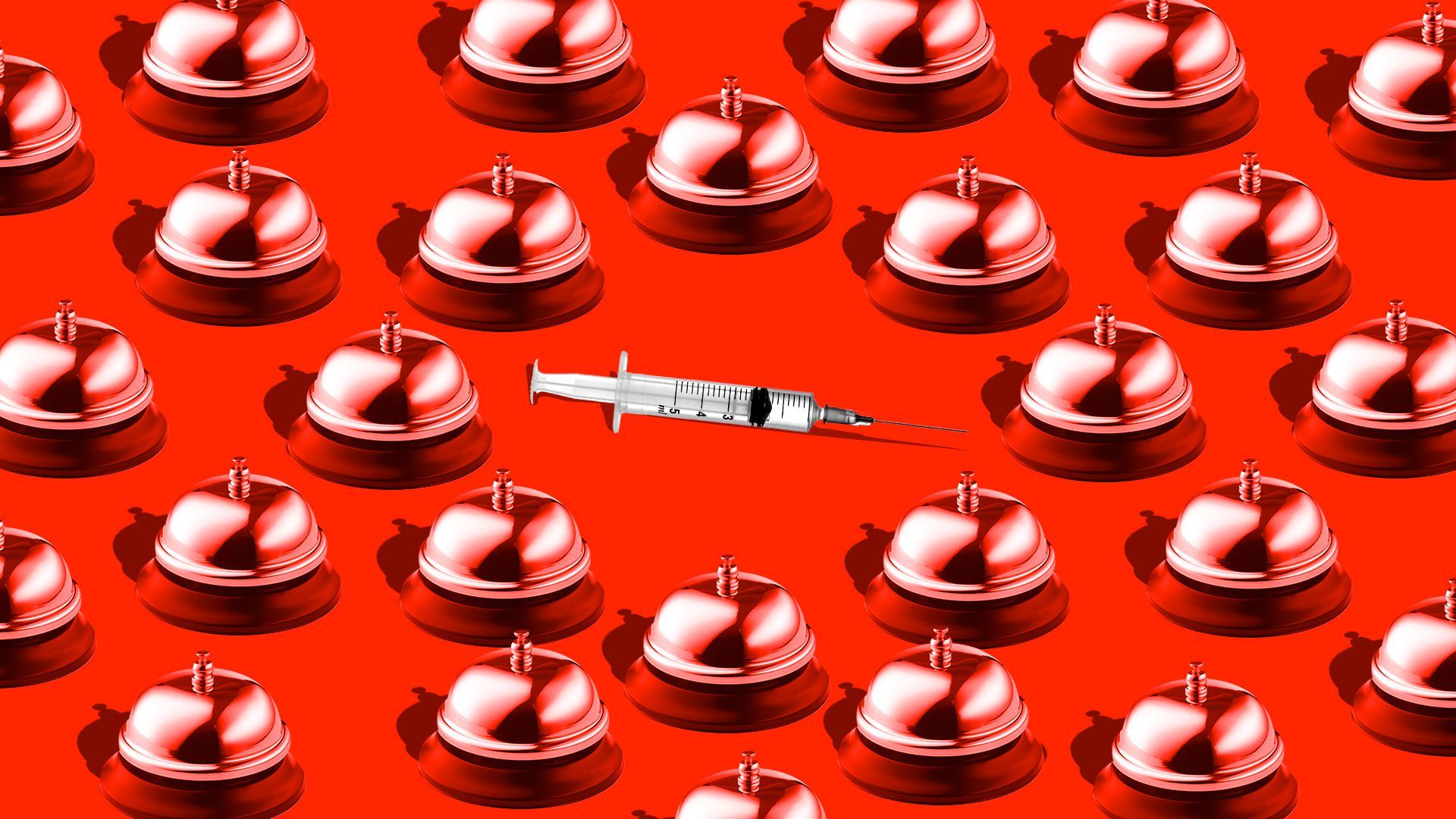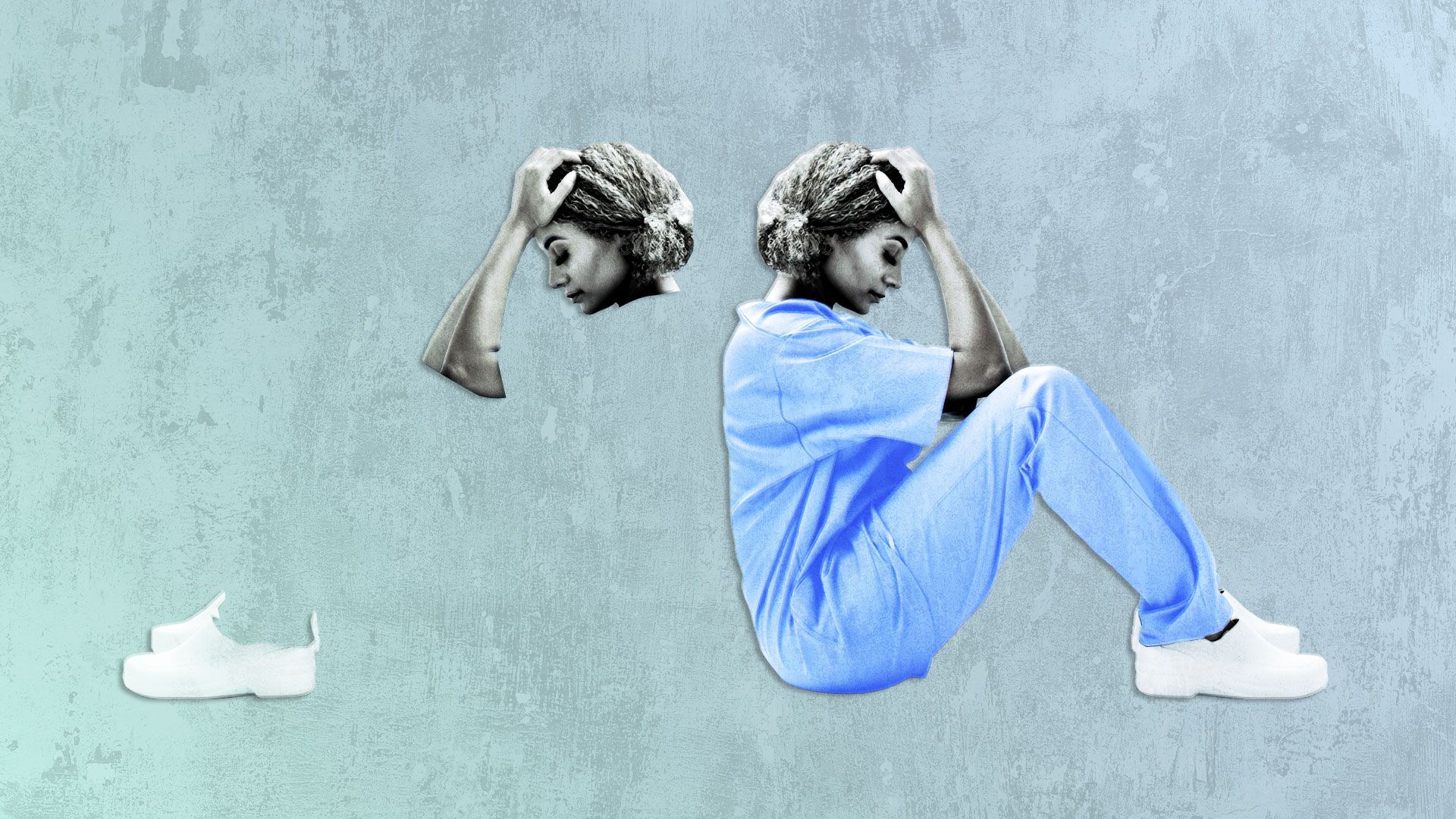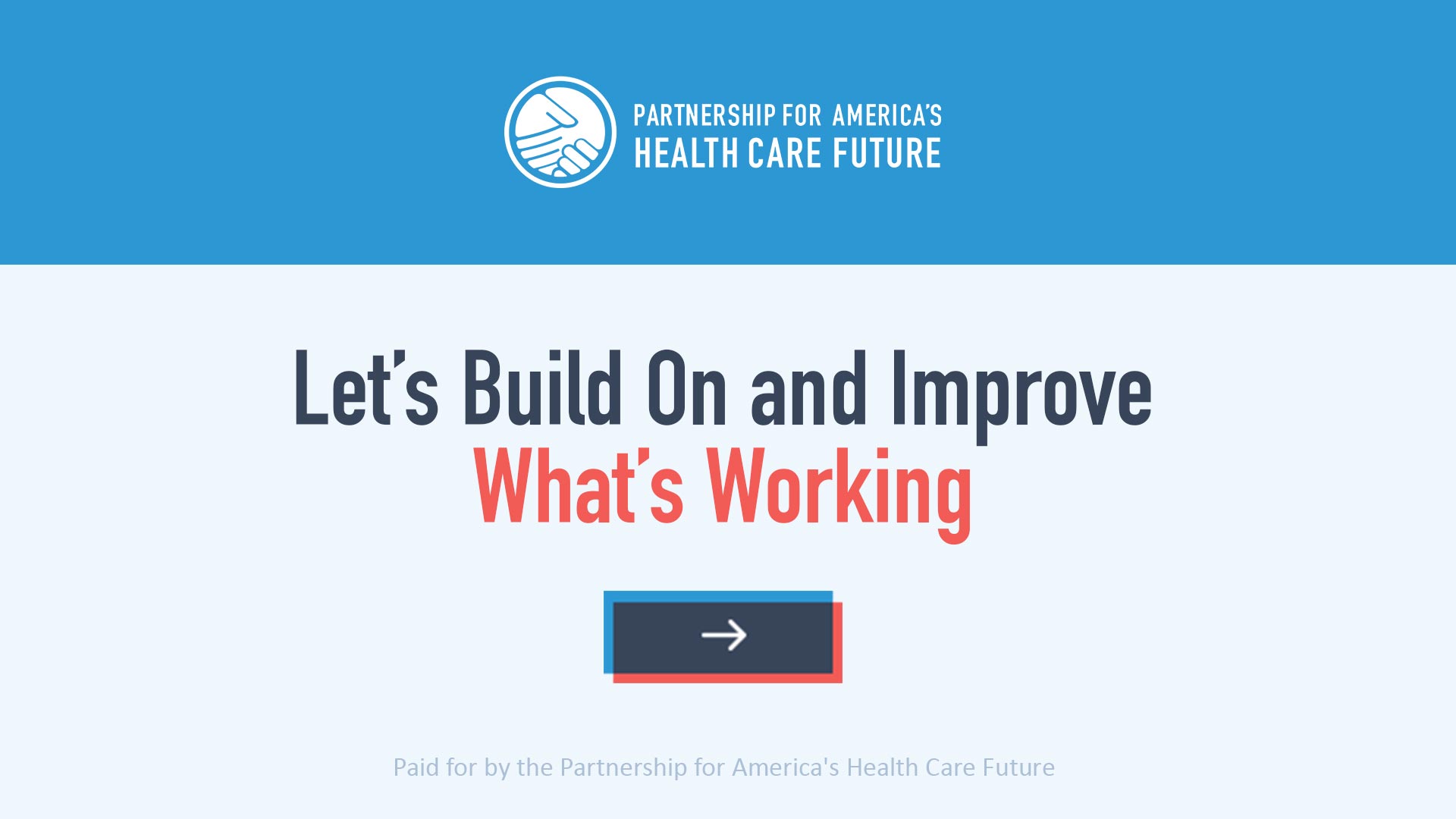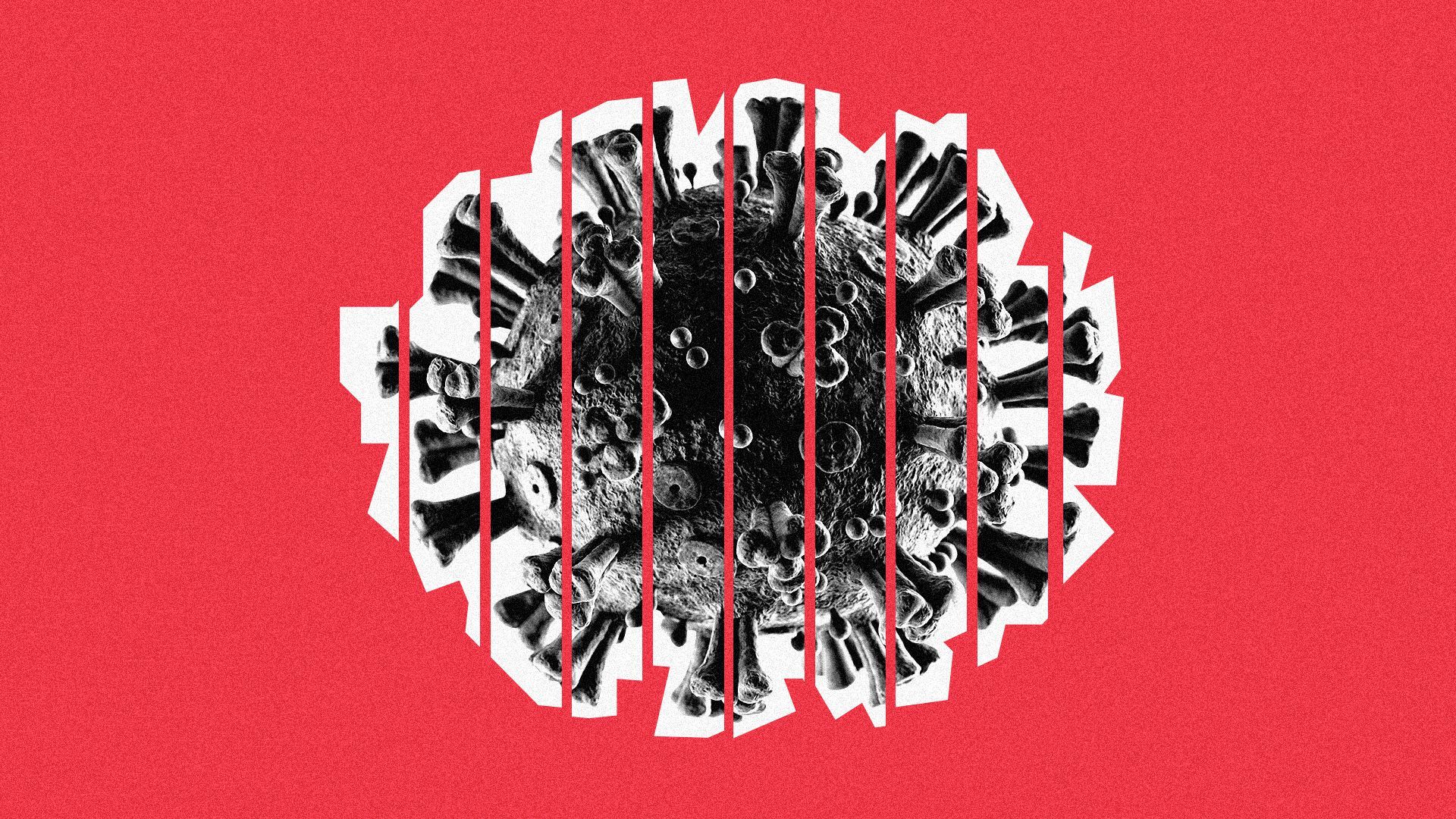| | | | | | | Presented By Partnership for America's Health Care Future | | | | Vitals | | By Caitlin Owens ·Jan 19, 2021 | | Good morning. Situational awareness: President-elect Joe Biden released his plan for a federal vaccine campaign on Friday. Listen to Niala Boodhoo and I discuss it on "Axios Today." Today's word count is 1,013, or a 4-minute read. | | | | | | 1 big thing: Demand for coronavirus vaccines is outstripping supply |  | | | Illustration: Aïda Amer/Axios | | | | Now that nearly half of the U.S. population could be eligible for coronavirus vaccines, America is facing the problem experts thought we'd have all along: demand for the vaccine is outstripping supply. Why it matters: The Trump administration's call for states to open up vaccine access to all Americans 65 and older and adults with pre-existing conditions may have helped massage out some bottlenecks in the distribution process, but it's also led to a different kind of chaos. The big picture: The U.S. has still only administered about 14.7 million shots, per Bloomberg, and nearly half of the distributed doses have been given. - Vaccine providers were adhering too rigidly to prioritization guidelines, experts said, prompting the administration to issue its new guidance.
- But the process has also struggled with the complicated logistics of a massive vaccine distribution program, and making more people eligible for the shots doesn't solve issues like a shortage of vaccinators.
What's happening: We've known all along that vaccines could only be manufactured, distributed and administered at a limited pace. We're now seeing those limitations play out in real time. - Americans eligible for the vaccine can't get appointments, as all available slots fill up almost as soon as they open up.
- In some places, where vaccines are administered on a first-come-first-served basis, people have camped out in line for hours — or even overnight — trying to get a shot.
- New York state's website said last week that all vaccine appointments are booked for the next 14 weeks.
The shift in federal guidance was announced along with the Trump administration's decision to stop withholding second vaccine doses and instead distribute all available shots to states. - But the administration had already begun doing that, the Washington Post reported, meaning that there's no additional reserve of vaccine doses to send out.
|     | | | | | | 2. Hesitancy lingers around the COVID vaccine | | Even as government websites crash under the pressure of demand for the COVID-19 vaccine, surveys show many Americans — including health care workers — still have their doubts, Axios' Bryan Walsh reports. Why it matters: Unless lingering skepticism about the COVID-19 vaccine is dispelled, achieving herd immunity will be a challenge — even with improved distribution. By the numbers: In the first survey exclusively focused on vaccine hesitancy among U.S. health professionals, Surgo Ventures reported on Friday it polled 2,500 health care workers and found that of the 53% who had been offered the shot, 15% said they refused to take it. - Health care workers at long-term care facilities — home to the populations most vulnerable to COVID-19 — were less likely to say they'd get the vaccine than workers at hospitals.
The big picture: An international poll released by Reuters on Friday found less than half of Americans polled said they would definitely be willing to take a COVID-19 vaccine when offered — a much lower percentage than most other countries. Be smart: It may seem unnecessary to worry about vaccine hesitancy at a moment when the biggest problem seems to be getting shots to the millions of Americans who very much want to get vaccinated. - But as much as 80–90% of the population may need to achieve immunity through either infection or vaccination to fully curtail the pandemic, which will mean convincing a large proportion of those expressing hesitancy now to get their shots.
|     | | | | | | 3. Vaccine racial disparities already emerging |  | | | Illustration: Eniola Odetunde/Axios | | | | Black Americans are being vaccinated at far lower rates than white Americans in the states that collect such information, Kaiser Health News reports. Why it matters: Communities of color are disproportionately vulnerable to the virus, and the vaccination trend so far is likely perpetuating these disparities. Details: In the 16 states that have released vaccination data by race, white residents have been vaccinated at rates that are often two or three times higher than Black residents. - The majority of the initial vaccine doses have gone to health care workers. But the share of health care workers who are Black exceeds — and often far exceeds — the share of vaccinated residents who are Black.
- "The unbalanced uptake among what might seem like a relatively easy-to-vaccinate workforce doesn't bode well for the rest of the country's dispersed population," KHN writes.
Between the lines: The gap in vaccination rates is largely due to access issues, misinformation, and mistrust of the health care system, which stems from historic racism. - The slow national rollout of the vaccines has also led to calls for speed to be prioritized, which can come at the cost of equity.
What they're saying: "My concern now is if we don't vaccinate the population that's highest-risk, we're going to see even more disproportional deaths in Black and brown communities," Fola May, a UCLA physician and health equity researcher, told KHN. "It breaks my heart." |     | | | | | | A message from Partnership for America's Health Care Future | | Let's build on and improve what's working | | |  | | | | When it comes to what's next in health care, it's critical we continue to build on and improve what's working – where private coverage, Medicare and Medicaid work together to expand access to affordable, high-quality health coverage and care. | | | | | | 4. Global vaccine inequities raise concerns | | The unequal global access to coronavirus vaccines is raising concerns that the virus will be left to spread and dangerously mutate in some parts of the world, Bloomberg reports. What they're saying: "We cannot leave parts of the world without access to vaccines because it's just going to come back to us," Charlie Weller, head of vaccines at health research foundation Wellcome, told Bloomberg. "That puts everyone around the world at risk." The big picture: While wealthy countries are roughly a month into their vaccination campaigns, many countries have yet to begin. - High-income countries have secured the vast majority of Pfizer's vaccine, and all of Moderna's. A large portion of the world will be reliant on other vaccines.
Meanwhile, new variants of the virus are already emerging, including at least one that appears to be significantly more transmissible. - If the virus continues to spread, more problematic variants could emerge — including ones that would require adaptations to current vaccines.
- "We now understand it's also very, very important to control transmission ... not just to protect those most vulnerable populations, but also to reduce the evolutionary risk associated with this virus," Rajeev Venkayya, president of Takeda Pharmaceutical's vaccines business, told Bloomberg.
Go deeper: The coronavirus variants: What you need to know |     | | | | | | 5. Catch up quick |  | | | Illustration: Aïda Amer/Axios | | | | National Institute of Allergy and Infectious Diseases director Anthony Fauci on Sunday said President-elect Joe Biden's plan to administer 100 million COVID-19 vaccines in 100 days is "absolutely a doable thing." The Biden administration will reverse President Trump's last-minute order to lift COVID-19 related travel restrictions, Jen Psaki, the incoming White House press secretary, tweeted. Los Angeles County officials said Saturday they had detected the county's first case of the highly transmissible coronavirus variant first found in the U.K. The announcement came as L.A. became the first county to surpass 1 million COVID-19 cases. China on Saturday finished a five-day construction project on a 1,500-room hospital as clusters of COVID-19 spread in Beijing and the surrounding provinces. India on Saturday started inoculating medical workers, beginning the country's massive coronavirus vaccination campaign to address the world's second-largest outbreak. |     | | | | | | Axios thanks our partners for supporting our newsletters.
Sponsorship has no influence on editorial content. Axios, 3100 Clarendon Blvd, Suite 1300, Arlington VA 22201 | | | You received this email because you signed up for newsletters from Axios.
Change your preferences or unsubscribe here. | | | Was this email forwarded to you?
Sign up now to get Axios in your inbox. | | | | Follow Axios on social media:    | | | | | |






No comments:
Post a Comment